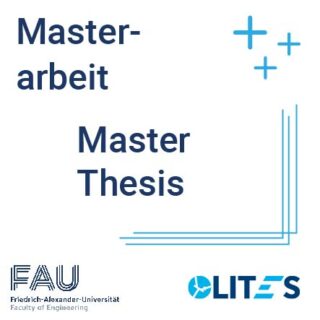MA: Development of a RF power amplifier for MRI
This work is suitable for a master’s thesis , but can also be adapted for a bachelor thesis or Research internship.
Description
The high-frequency power amplifier (RF PA) plays a central role in every transmission and reception chain. Such amplifiers are not only used in classic applications such as mobile communications, aerospace and defence, but also in medical technology – especially in magnetic resonance imaging (MRI).
In MRI systems, a powerful RF pulse is emitted at the so-called Larmor frequency – i.e. the frequency at which the hydrogen nuclei (protons) precess in the static magnetic field. In a 3-Tesla MRI system, this frequency is approximately 128 MHz. The RF pulse excites the spins of the protons. When they return to their ground state, the protons emit energy in the form of RF signals, which are measured and used for image reconstruction.
Objectives of the work
The goal of this thesis is to design a power amplifier for high-frequency medical applications in MRI. Depending on personal interests, prior knowledge, and the ECTS requirements of the degree program, the task will be tailored to the individual.
Research questions
Possible questions include:
- How can the power added efficiency (PAE) of a power amplifier be improved, particularly with respect to high power dissipation and heat generation in MRI applications?
- How can a compact, efficient power amplifier be implemented in the VHF range, e.g., at 128 MHz?
- Which amplifier topologies enable the best interaction between bandwidth, linearity, and efficiency?
- Which balun or coupler designs are particularly suitable for differential operation in MRI applications?
Topics
There are currently various sub-projects available, ranging from simulation and design to practical implementation. The work may include the following components:
- Amplifier simulation and design with Keysight ADS
- Balun/coupler designs with CST Studio Suite
- Layout creation in Altium Designer
- Biasing circuit simulation with LTspice
- Laboratory work includes setup, measurement, and characterization.
Skills
What to Bring:
- Basic knowledge of electronics and circuit development
- Interest in high-frequency technology, medical technology and analog circuit design
- Willingness to familiarise yourself with modern tools such as ADS, CST, LTSpice or Altium
Advantageous (but not essential):
- Initial experience in RF design and circuit board layout

